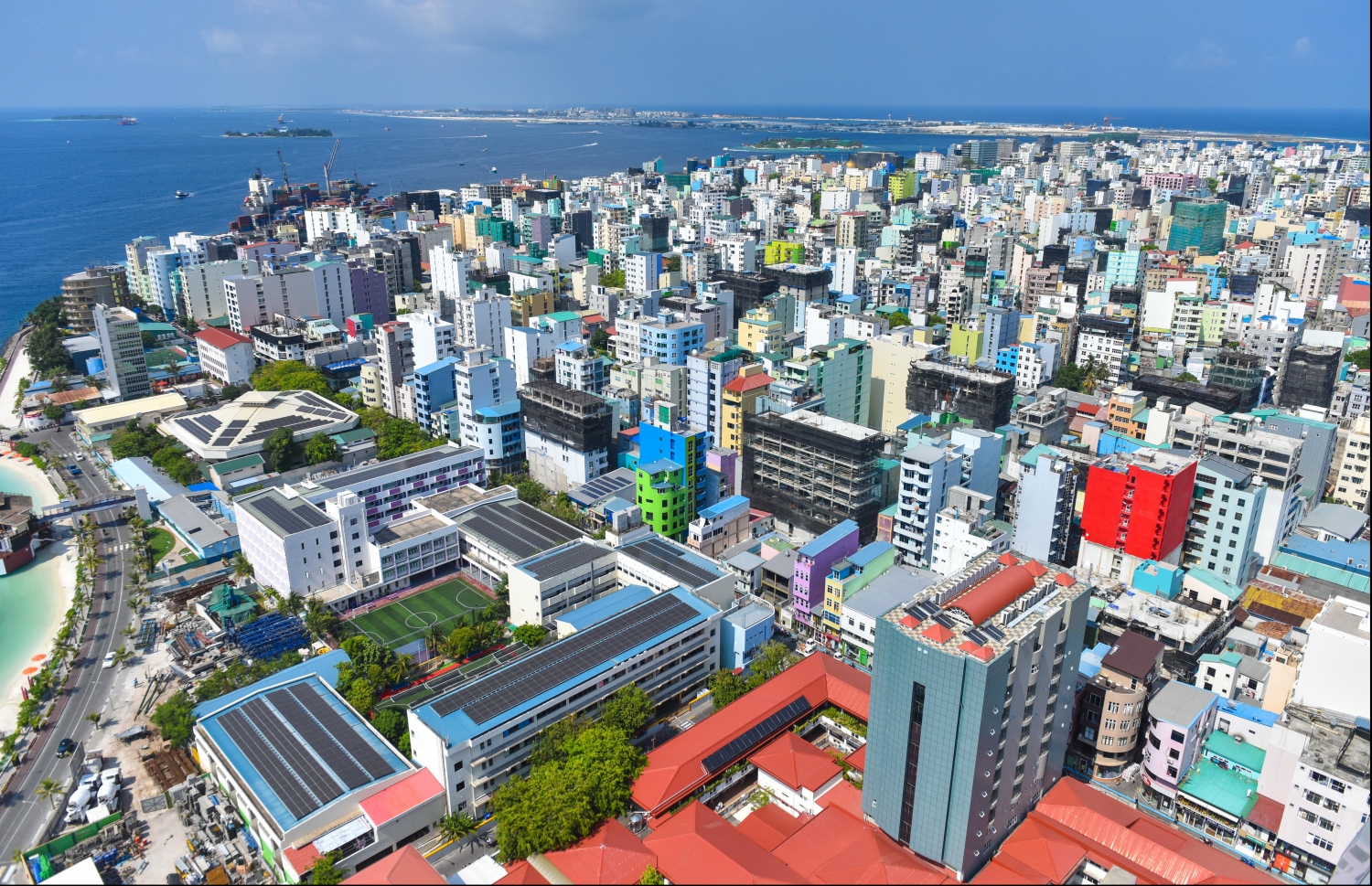Malé, Maldives – Maldives Monetary Authority (MMA) has reported that the Real GDP growth rate, i.e the nominal GDP adjusted for inflation, fell to -29.3 percent in 2020.
According to MMA, the nominal GDP in 2020 stood at MVR 57,941.6 million, a decrease of almost 50 percent compared to 2019. This is the first time in over 5 years that the Maldivian economy experienced a fall in the GDP growth rate.
The fall of -29.3 percent is further exacerbated by the fact that the decrease in Real GDP was below 0, indicating that the country experienced a contraction in economic growth during 2020 as the Covid-19 pandemic hit the island nation.
As the Maldivian economy is heavily reliant on the tourism industry to power its employment rate, Foregin Direct Investments (FDI), and foreign currency exchange, the travel bans imposed by countries in an effort to curb the Covid19 Pandemic hit the economy hard.
Maldives’ tourist arrivals stood at 555,494 tourists in 2020 when compared to the 1.7 million arrivals in 2019. As the country closed its borders in Quarter 2 of 2020, there were 0 tourist arrivals. However, in the next half of 2020, tourist arrivals increased and gained momentum during December 2020 recording over 96,000 tourists.
The fisheries industry also faced some difficulties in 2020. During March, the country sold over 10,000 megatons of fish and fish products. However, with lockdowns and the rise of the Covid19 Pandemic, the industry suffered and the sales declined in the following months. Similar to the tourism industry in 2020, Fish Purchases in December increased and was at 8,348.2 megatons.
Government Spending is an important component of GDP, it is important to look at the changes in government spending in 2020. The total expenditure exceeded the total revenue by MVR 15934.9 million creating a deficit. Thus, the deficit amounted to -27.5 percent of the GDP.
In January 2021, Nominal GDP increased to MVR 66.371.9 million and the Real GDP growth rate also increased by 13.5 percent, indicating positive economic growth. However, government spending is still at a deficit of MVR -12,303 million leading to a -18.5 percent as a percentage of GDP.
The governments proposed budget for the year 2021 was passed by the parliament after amendments from the Parliamentary Budget Committee, standing at a total of MVR 34.9 billion, an increase of MVR 134 million from the original budget.
The government had got criticism from various international monetary agencies and credit rating agencies such as World Bank and Moody’s on the 2020 expenditure on projects amidst the Covid-19 pandemic and also on the 2021 budget.
The World Bank had stated that postponing large public infrastructure investments that are not urgently needed would help address Maldives fiscal and debt sustainability risks amid the Covid-19 pandemic in 2020.
In the report “Beaten or Broken? Informality and COVID-19 – South Asia country briefs” by The World Bank highlighted the impacts of Covid-19 to the South Asian countries and has given out suggestions on how governments can combat these economic challenges. The report pointed out that Maldives faces high public debt as it has risen further due to the pandemic as external non-concessional borrowings had gone up.
Moody’s had stated in a publication dated November 13, 2020 that the proposed budget for 2021 highlighted the government’s challenging fiscal dynamics amid continuing global movement restrictions, with around one-third of the country’s revenue stemming from tourism and directly related activities.





